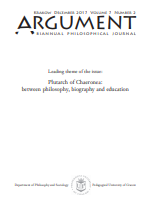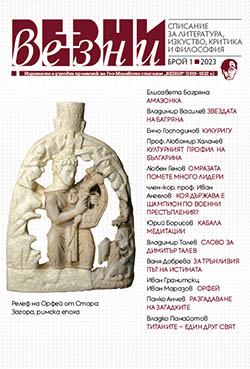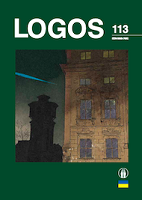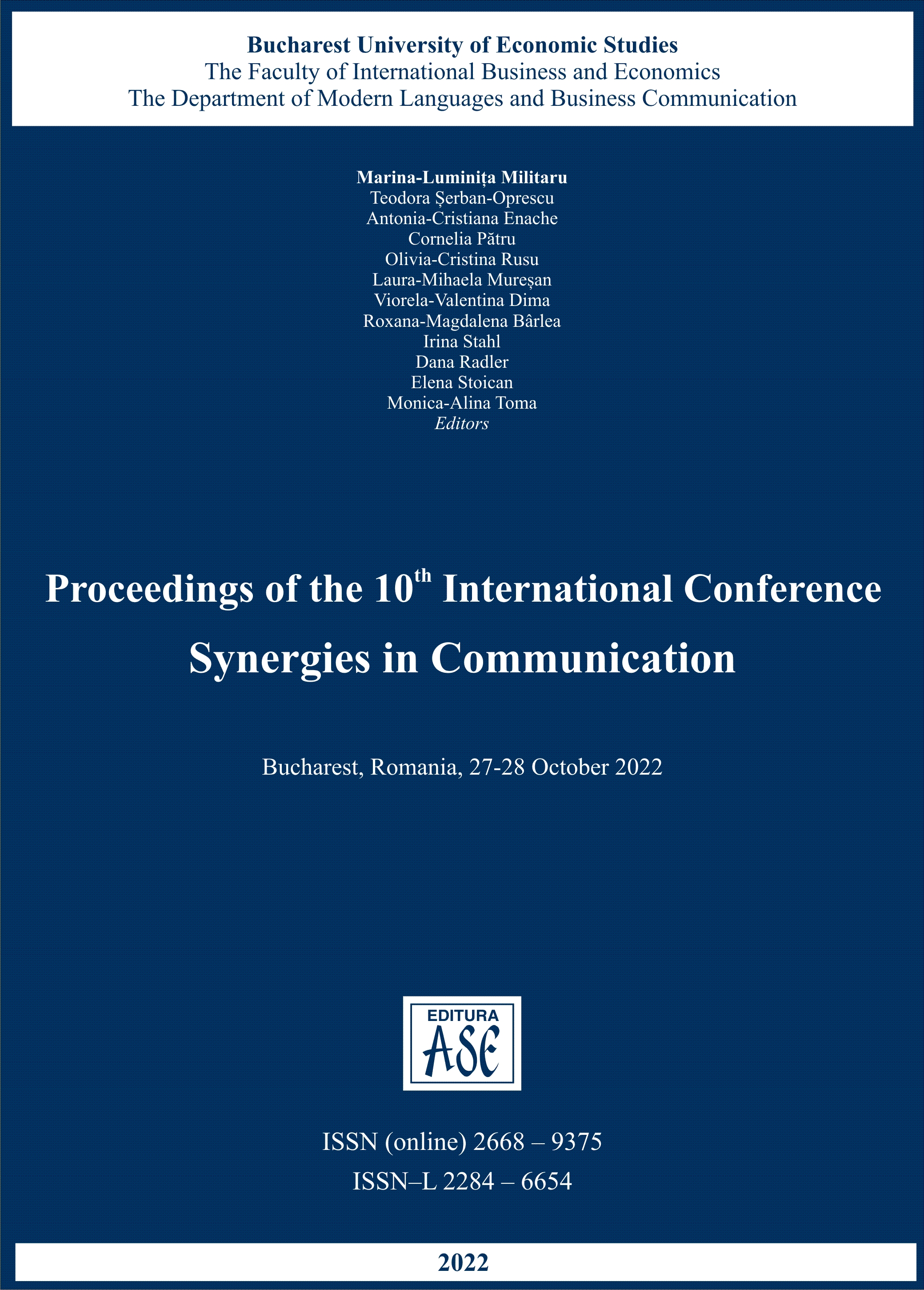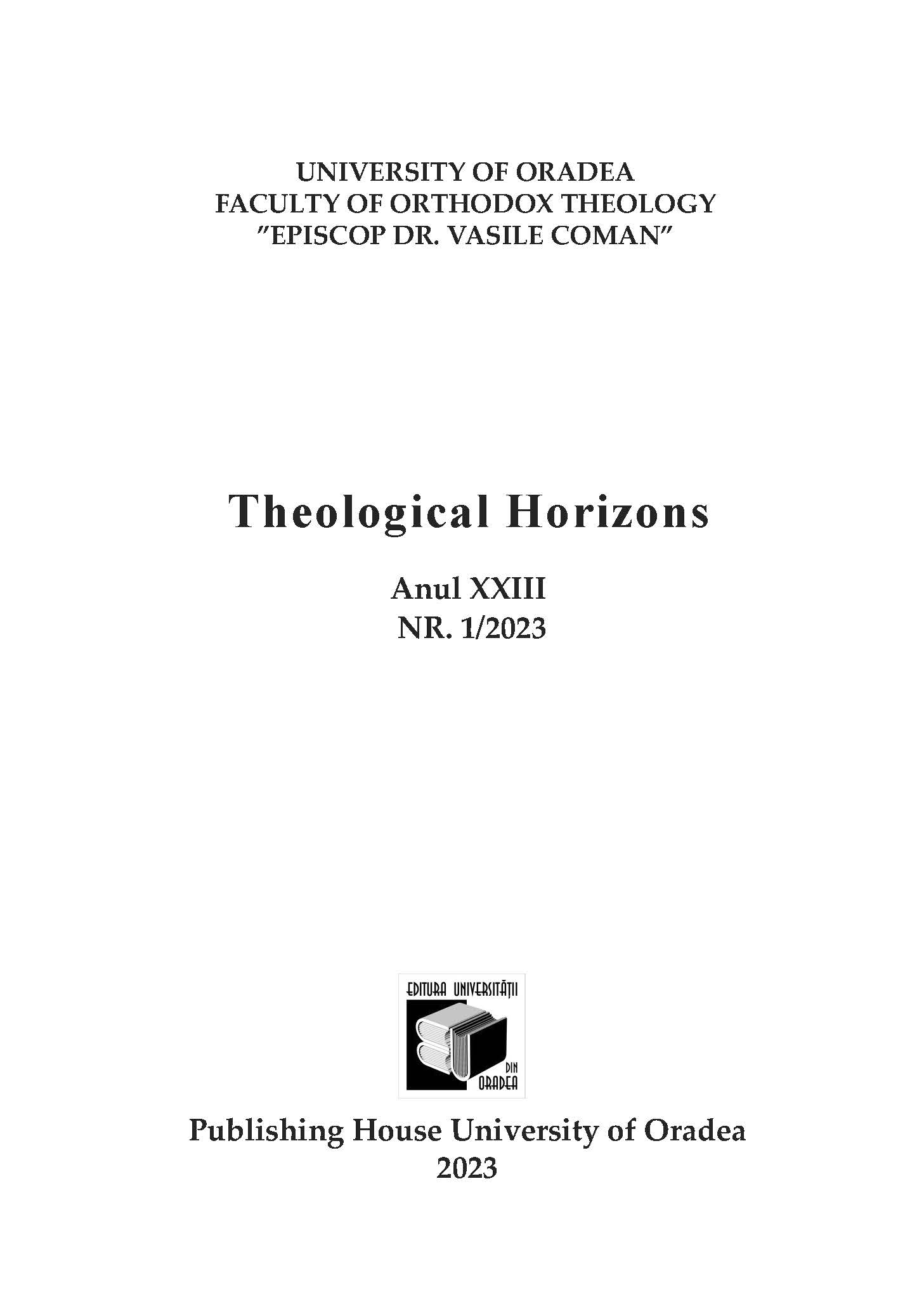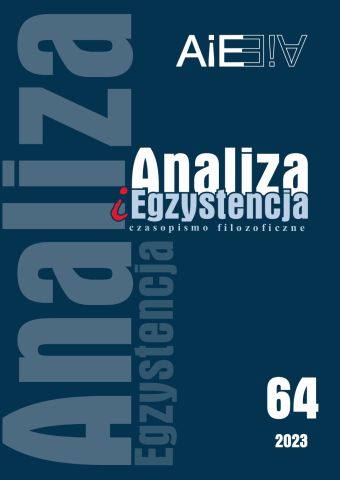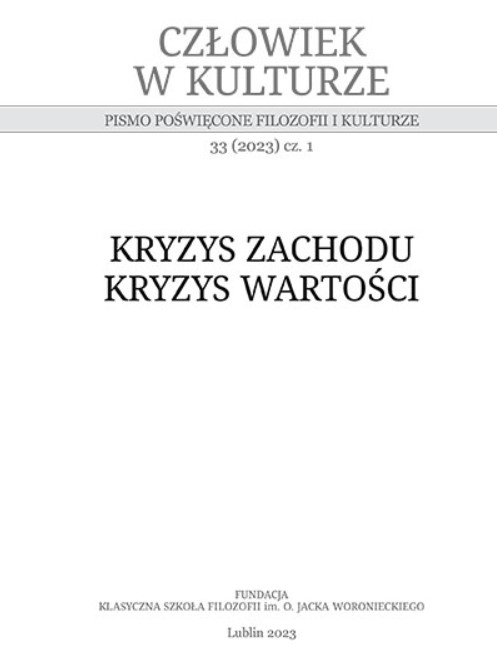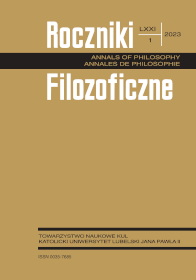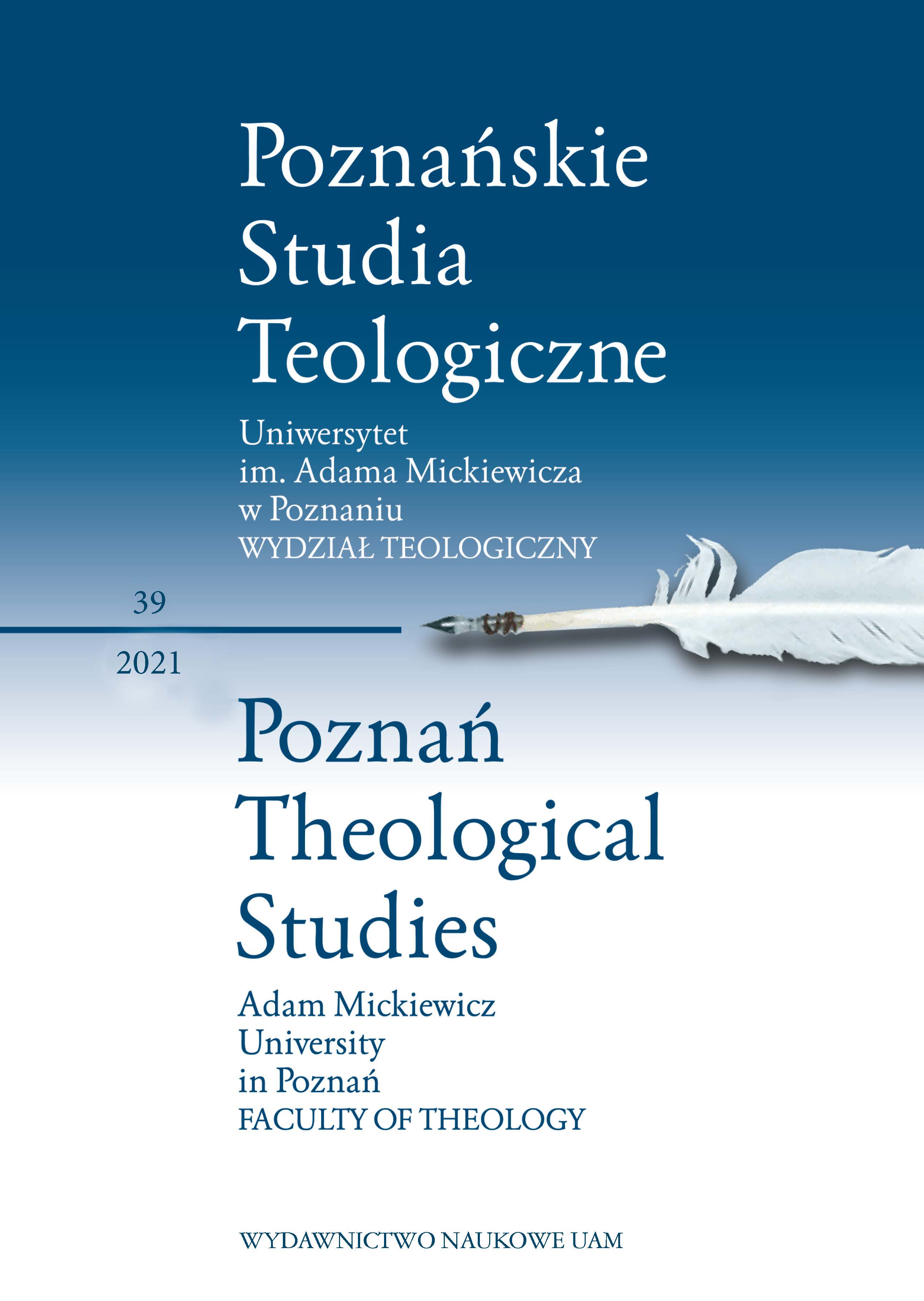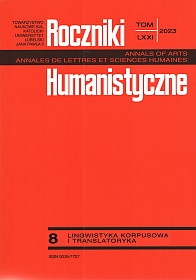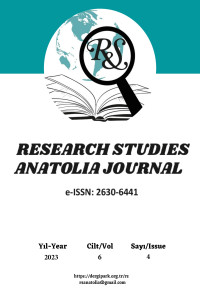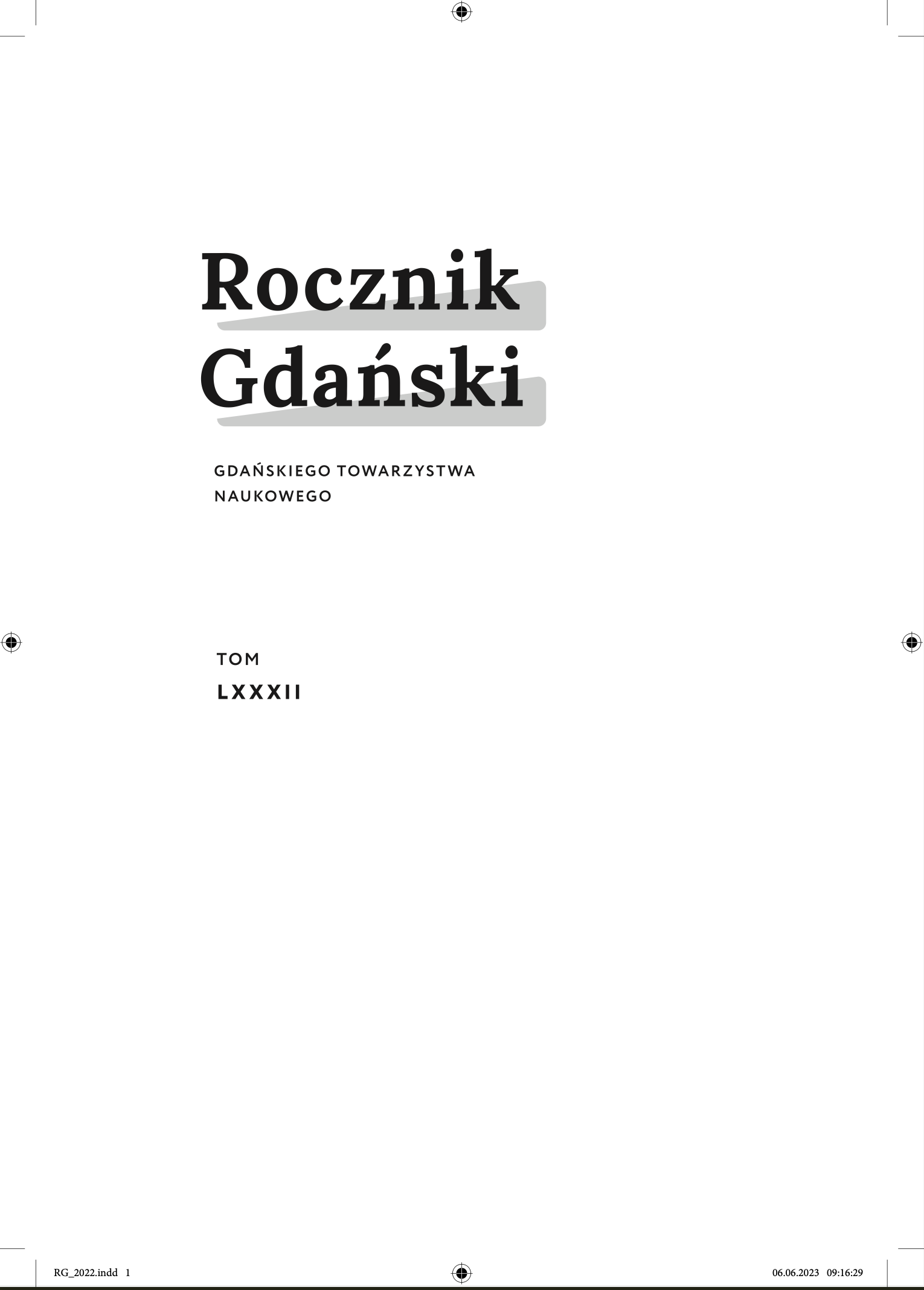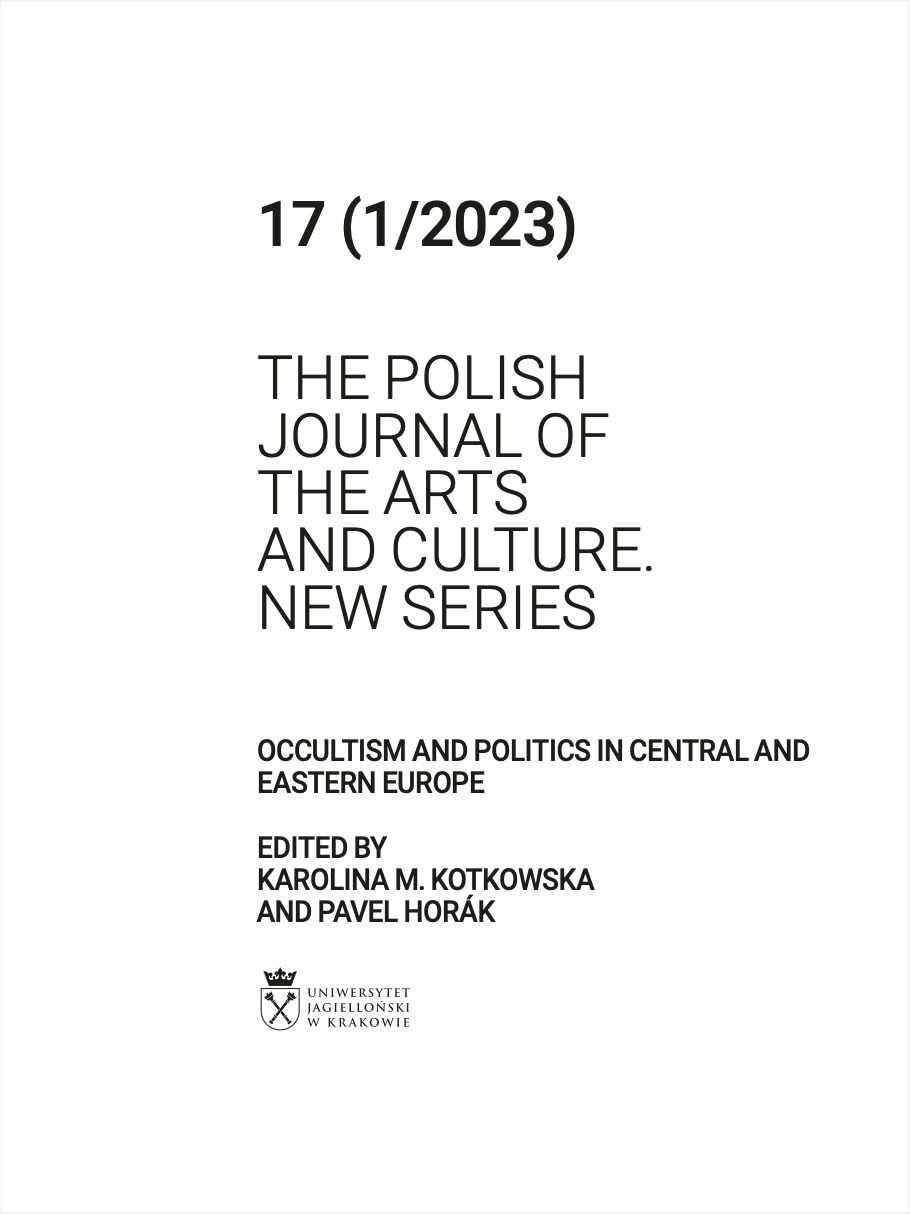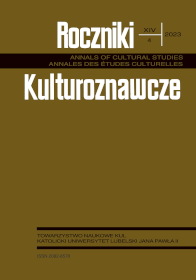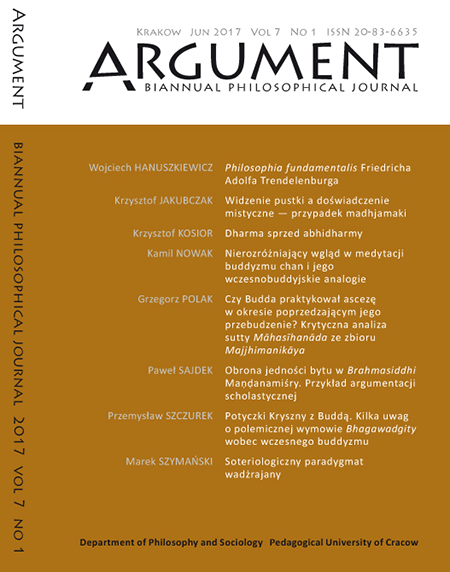
Widzenie pustki a doświadczenie mistyczne – przypadek madhjamaki
The problem of Buddhist religiosity is one of the most classic problems of Buddhist studies. A particular version of this issue is the search for mystical experience in Buddhism. This is due to the conviction that mystical experience is the essence of religious experience itself. The discovery of such an alleged experience fuels comparative speculations between Buddhism and the philosophical and religious traditions of the Mediterranean area. Madhyamaka is the Buddhist tradition which many researchers saw as the fulfillment of such mystical aspirations in Buddhism. In this paper I specify the standard parameters of mystical experience (non conceptuality, ineffability, paradoxicality, silence, oneness, fullness) and I conclude that they either cannot be applied to Madhyamaka or that the application is only illusory.
More...
